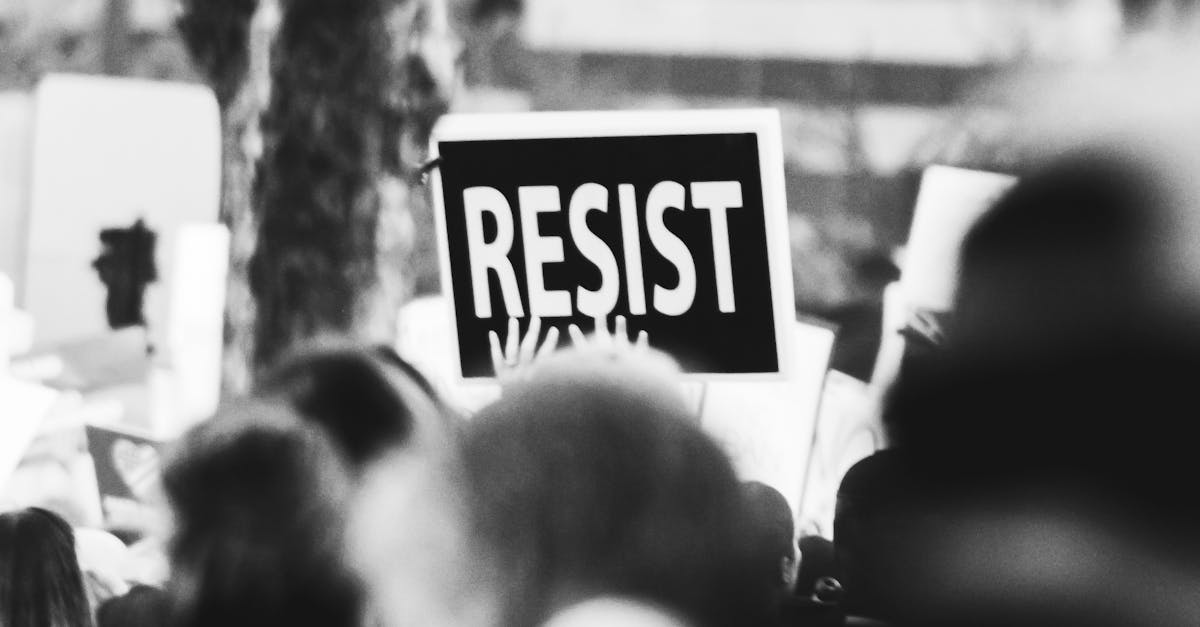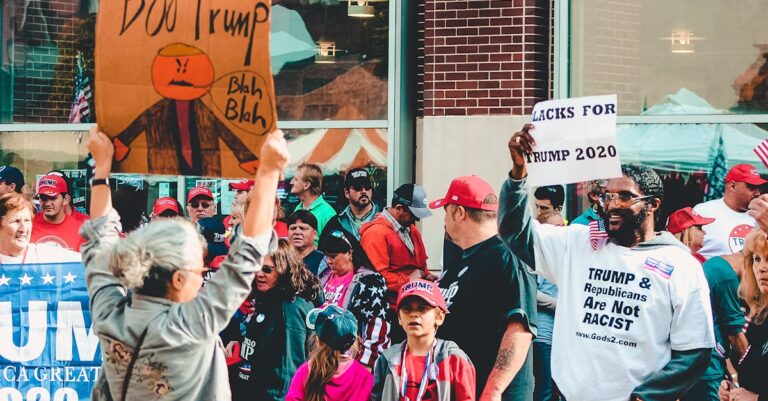
As the debate around book bans continues to simmer, it has found a new arena of disagreement in Clay County and Duval County. While the intention behind such bans is often rooted in protecting young minds, the implications are far-reaching, especially when it comes to unintentionally silencing voices and stunting intellectual growth.
In Clay County, recent attempts to restrict certain books from school libraries have sparked outrage among students and educators. The idea of censorship in educational institutions flies in the face of the principles of academic freedom and open discourse. By limiting access to diverse perspectives and ideas, book bans not only hinder students’ understanding of complex issues but also erode the foundations of critical thinking.
Duval County, too, has found itself entangled in the web of book censorship. The clash between those advocating for a more inclusive curriculum and those seeking to impose restrictions based on political or moral grounds has laid bare the power dynamics at play in county politics. In a landscape where every decision carries political ramifications, the fight for intellectual freedom becomes a battleground for competing ideologies.
What is perhaps most concerning in these debates is the role of unwarranted students. While the intention may be to shield students from content that is deemed inappropriate, the line between protection and suppression can often blur. By underestimating the ability of students to engage critically with challenging material, we risk denying them the opportunity to develop empathy, resilience, and a nuanced understanding of the world around them.
In a society where misinformation spreads like wildfire and polarisation runs deep, education must be a beacon of enlightenment, offering students the tools they need to navigate a complex and ever-changing world. Book bans, instead of safeguarding students, can serve to perpetuate ignorance and intolerance.
As Clay County and Duval County grapple with the thorny issue of book bans, it is essential for all stakeholders to reflect on the goals of education and the values they wish to instil in the next generation. The path towards a more informed and open-minded society begins with trusting students to engage thoughtfully with diverse opinions and perspectives, even those that might be uncomfortable or challenging.
In the end, the conversation around book bans is not just about the titles on a reading list but about the kind of citizens we aspire to cultivate. In the tug-of-war between censorship and academic freedom, let us not forget that the true measure of a society lies in its willingness to confront difficult truths and embrace the richness of human experience – with all its complexities and contradictions.







I hat so sad wen books ar bannned. It is not gud for students to not have access to books. We need to protekt the freedom of reading and thinking. Censorship is bad and we need to hav open minds and learn from everythin. Let the students read and grow and not be stifled
Wow, this is a big deal. Book bans? Really? I mean, come on, we should let people read what they want, right? How are we gonna learn if we can’t even read different stuff? It’s like, freedom of speech, man. And what about the kids? They gotta learn stuff
Lol, book bans? More like book blandness! Gotta keep those young minds sharp and sneaky, no room for censorship in this brain buffet! Let the words flow like a river of intellectual awesomeness, no dams allowed! 📚🚫 #Free
Oh wow, this is like a total mess, man! Book bans are like, so not cool. Students need all the info they can get, ya know? Censorship
why all dis kerfuffle bout bannin’ books? kids need to read all the things, even the bits that make grown-ups uncomfortable. we gotta trust ’em to think for themselves and make up their own dang minds. censorship ain’t the
I think it’s real important to let the kids read what they want, you know? Banning books can stop them from learning about different stuff and forming their own opinions. Like, if we block out things that might make us uncomfortable, how can we learn and grow, right? It’s like, we gotta trust that they can handle it and think for themselves. Education is all about opening up
I think it’s like, really not cool to be banning books, you know? We gotta let the kids read and like, think for themselves! If we start censoring everything, how can they learn to make their own decisions and stuff
Wow, because nothing says intellectual growth like limiting access to different perspectives and ideas, right? Let’s shield our precious students from anything that might make them think critically or challenge their worldview. Who needs empathy and resilience when you can just ban books instead? Great job, Clay County and Duval County, leading the way in promoting ignorance and intolerance
book bans can be a tricky subject, ya know? like, i get wanting to protect kids and all that, but at the same time, it’s important to have access to different ideas and perspectives to grow as individuals. we gotta trust that students can
Yeah, like, book bans are not cool, man. We need to let kids read all kinds of stuff so they can learn and grow and stuff.
Wow, this is a tricky situation with book bans in Clay County and Duval County. Education should be about opening minds, not closing them off, right? I mean, students need to see different perspectives to grow and learn, even if it’s uncomfortable. It’s like, how can we understand the world if we only see part of it, you know?
And also, students are smart! They can handle tough
we needa focus on lettin students make their own choices and decide for themselves what they wanna read and learn cuz that’s how they gonna grow and develop critical thinkin’ skills. book
OMG, like seriously, why are they banning books? Books are like, so important for learning and stuff. Like, come on, let people read what they want. It’s not cool to like, restrict knowledge and ideas. We need
Yeh, so like, book bans are like a big deal in Clay County and Duval County, and like,
Wow, this is a big deal! Book bans? Really? I mean, protecting kids is important, but maybe they can handle a bit more than we give them credit for, right? Education is supposed to open minds, not close them off.
man i cant believe we still gotta deal with book bans in this day n age. like, come on ppl, let kids read and learn and form their own opinions. censoring stuff just limits their minds and stops em from growin intellectually. we gotta trust em
Book bans be bad cuz they stop young peeps from learning all kinds of stuff and make them think in only one way.
Hey yo, this blog post is perfect shining a light on da whole book bans situation in Clay County and Duval County. It ain’t cool to be censoring books, ’cause dat just stops people from learning new stuff and thinkin’ outside da box, ya know? We gotta let students read all kinds of stuff, even if it makes ’em uncomfortable,
Geez, book bans? What’s next, banning books about banning books? It’s like a never-ending cycle of censorshipception! Let’s just all agree